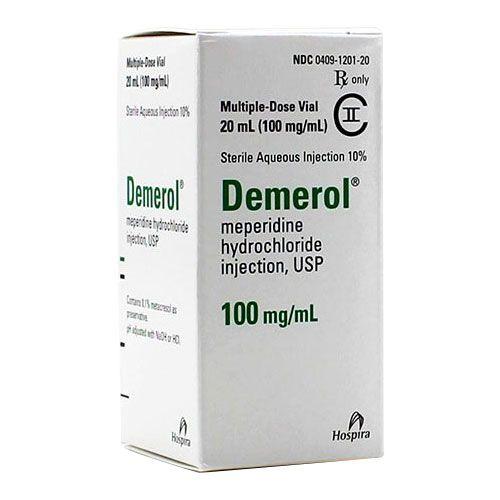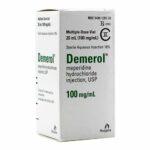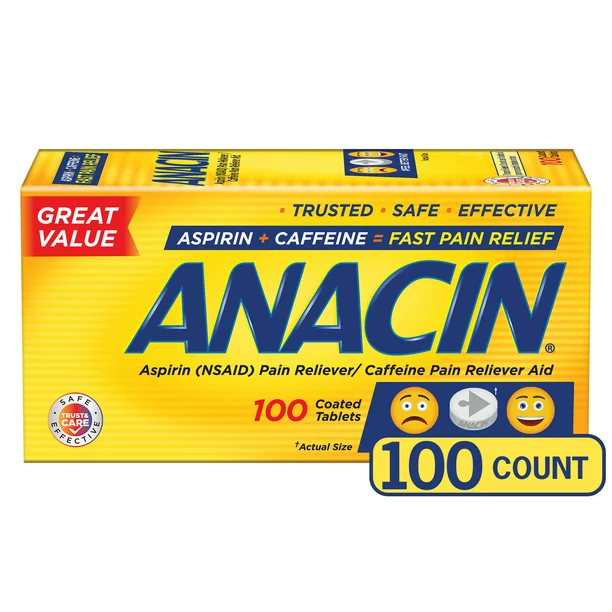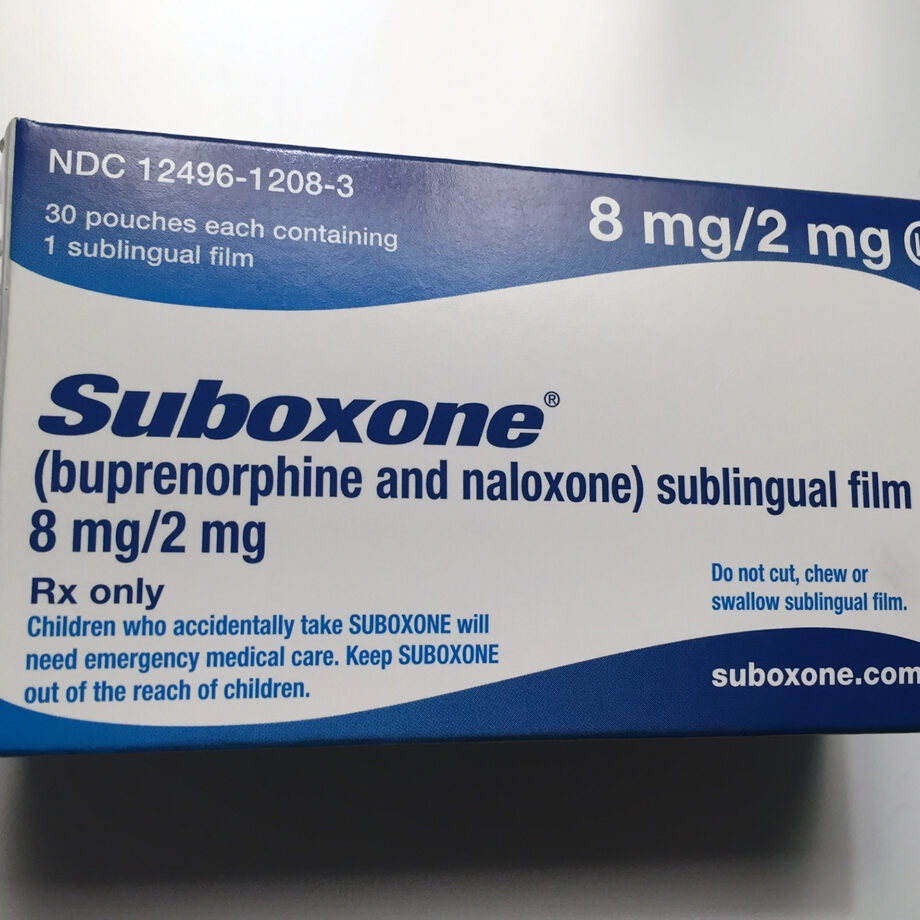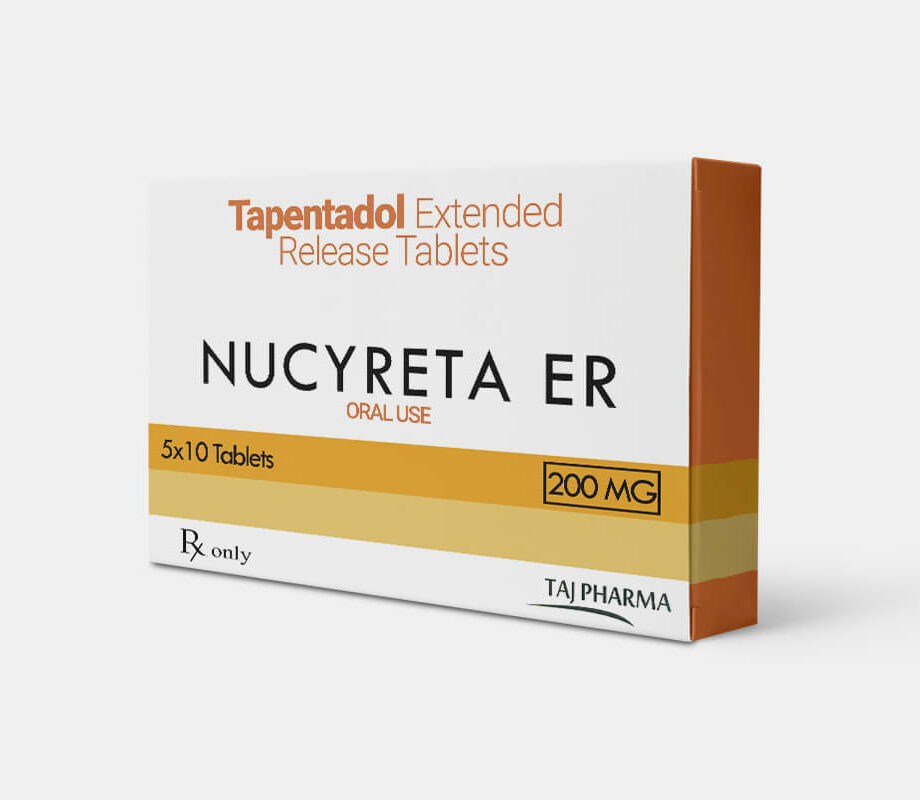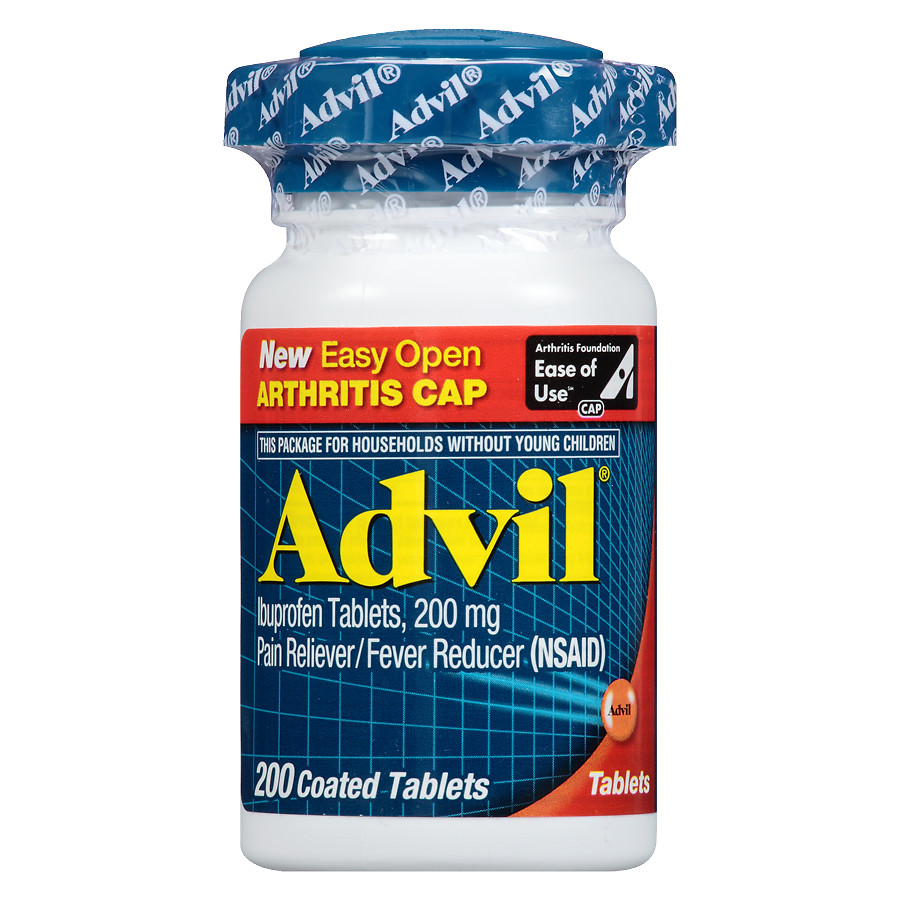Active Ingredient in Meperidine Hydrochloride
The active ingredient in Demerol is meperidine hydrochloride. Meperidine is a synthetic opioid analgesic that works by binding to mu-opioid receptors in the brain and spinal cord. This binding action prevents pain signals from transmitting to the brain, effectively relieving pain. Unlike some other opioids, meperidine has a relatively short half-life, meaning its effects may not last as long as those of other opioid medications.
Indications and Uses
Demerol is used to treat acute pain or moderate to severe pain that requires opioid analgesia. It is often administered in situations where fast-acting pain relief is needed, such as during surgeries, labor, or following a traumatic injury. However, it is less commonly used for chronic pain management due to its risk profile and potential for serious side effects with long-term use.
Common indications for Demerol include:
Post-surgical pain: Demerol is often used after surgeries to manage moderate to severe postoperative pain.
Labor pain: It is sometimes administered to women in labor as an injectable opioid to manage pain during childbirth.
Severe injury pain: In cases of trauma or injury, Demerol can provide quick and effective pain relief.
Preoperative sedation: In some cases, Demerol is used as a preoperative sedative to calm patients before surgery.
Dosing and Administration
Demerol is available in both tablet and injectable forms, allowing for flexibility in how it is administered depending on the patient’s needs and the severity of the pain.
Tablets: Demerol tablets are typically prescribed in doses ranging from 50 mg to 100 mg. The dose may be taken every 3 to 4 hours for pain relief. The maximum daily dose is usually around 600 mg per day, but this can vary based on the patient’s medical history and the severity of their pain.
Injection: The injectable form of Demerol is used in hospital or clinical settings, often administered via intravenous (IV) or intramuscular (IM) injection. Depending on the patient’s condition, the dose is generally between 25 mg and 100 mg and may be repeated every 3 to 4 hours if needed.
Benefits of Demerol
Rapid Pain Relief: One of Demerol’s key advantages is its relatively quick onset of action. This makes it an effective choice for managing acute pain, particularly in emergency or surgical settings where pain needs to be controlled quickly.
Versatility in Administration: Demerol can be given in tablet form, oral solution, or via injection, making it a versatile option depending on the clinical situation. Injectable forms provide fast relief, which is crucial in surgical or trauma care.
Alternative to Other Opioids: Some patients may not tolerate opioids like morphine well due to side effects or allergies. In such cases, meperidine offers an alternative, although it still carries risks similar to other opioids.
Less Respiratory Depression in Short-term Use: Demerol is considered to cause less respiratory depression than some other opioids when used in the short term. However, this benefit is mainly relevant for acute, short-term pain management, not long-term use.
Side Effects of Demerol
As with all opioid medications, Demerol can cause a range of side effects, some of which may be severe. Patients using Demerol should be carefully monitored for adverse reactions, mainly if the medication is being used over a prolonged period.
Common side effects include:
Nausea and vomiting: These are common with opioid use and may decrease over time as the patient’s body adjusts to the medication.
Dizziness or lightheadedness: Meperidine can cause dizziness, increasing the risk of falls, particularly in elderly patients.
Sedation: Demerol may cause drowsiness or lethargy, so patients should avoid operating heavy machinery or driving while taking the medication.
Sweating: Increased sweating is a possible side effect, which may be uncomfortable but not harmful.
Constipation: Like all opioids, Demerol slows down the digestive system, leading to constipation. Patients may need to use stool softeners or laxatives to manage this side effect.
Warnings and Precautions
Potential for Addiction: Demerol is a Schedule II controlled substance in the United States, meaning it has a high potential for abuse and addiction. It should only be prescribed and used under the careful supervision of a healthcare provider. Patients should take the medication exactly as prescribed to avoid the risk of addiction.
Risk of Seizures: One of the most significant risks of Demerol is the potential for seizures due to the buildup of normeperidine. This is mainly a concern for patients who are using Demerol over a long period, those with kidney dysfunction, or those who are taking higher doses of the medication.
Elderly Patients: Older adults are more susceptible to Demerol’s side effects, especially the risk of sedation, dizziness, and falls. Dosing should be carefully monitored; lower doses may be needed for elderly patients.
Use in Pregnancy: Demerol should be used during pregnancy only if the potential benefits justify the possible risks to the fetus. Chronic use during pregnancy can lead to neonatal opioid withdrawal syndrome, a potentially life-threatening condition.
Drug Interactions: Demerol should not be used in combination with MAO inhibitors (a class of antidepressants) due to the risk of serious, potentially fatal interactions, including serotonin syndrome. Patients should inform their healthcare provider of their medications to avoid harmful interactions.
FAQs About Demerol (Meperidine HCL)
How should Demerol be stored?
Store Demerol at room temperature, away from light and moisture, and out of the reach of children. It’s a controlled substance, so proper security is important.
Can Demerol interact with other medications?
Yes, Demerol can interact with other medications, particularly other CNS depressants (like benzodiazepines or alcohol) and certain antidepressants. Always consult a healthcare provider before combining medications.
What should I do if Demerol is not effective?
If you feel that Demerol isn’t effectively managing your pain, contact your healthcare provider. They may adjust your dosage or suggest alternative treatments.
How long does it take to deliver?
Demerol is shipped internationally to the US in approximately 14 to 25 days. The estimated delivery time for domestic shipping is up to 10 days.
Do I need a prescription to buy Demerol?
While we offer the option to buy Demerol without a prescription internationally, we highly recommend consulting your physician before taking this medication.
Important Note:
Purchasing Demerol (Meperidine HCL) online from USA-Pharmacy is simple and secure for US customers, as it accepts trusted payment methods like Visa, Mastercard, and PayPal, which protects transactions and keeps information safe. Customers benefit from guaranteed delivery, with a full refund offered if orders do not arrive as expected, fostering trust in online medication purchases. Responsive customer support is available via email at [email protected], typically responding within 48 hours to any medication or order status questions. Demerol (Meperidine HCL) has become famous for managing various medical conditions with easy access, secure payments, and reliable delivery.
